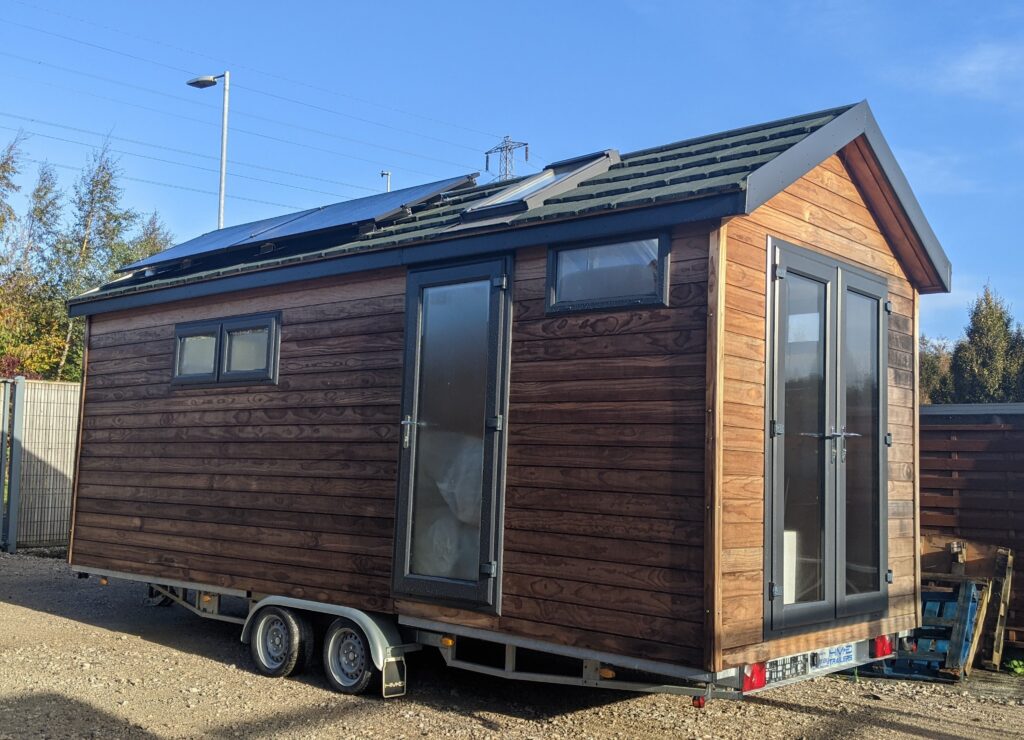
Lancaster and Morecambe College are leading the way in sustainable education with its cutting-edge renewable technologies’ facility.
Helen Mullen, Advanced Higher Lead Engineering, and Ryann Williams, Head of Construction & Engineering, are at the forefront of this initiative, ensuring students gain hands-on experience with the latest green energy solutions.
“We have a dedicated room here at the college for renewable technologies,” says Ryann Williams. “We’ve installed every different style of heat pump that’s on the market at the moment to create a real working environment where students can check the live data directly from the machines.”
The sustainable campus also features solar thermal and solar PV systems, a heat battery, and even a hydrogen production unit.
Ryann added: “Our gas engineers can now understand the differences in gas types. They can see how hydrogen burns – its flame isn’t visible, which is an important learning experience.”
A key project currently in development is the college’s Tiny House, a mobile energy centre designed to showcase off-grid sustainability.
Helen said: “The Tiny House is currently under construction, and once completed, it will be completely off-grid. The goal is to engage younger students – from primary and secondary school pupils – and help them understand what it means to be energy efficient.”
The Tiny House will incorporate:
The college also has a construction barn powered entirely by renewable energy.
“All the energy for our construction barn – where bricklaying and construction students work – is now off-grid too,” Ryann adds. “Everything, from the lighting to the pump toilets, runs on renewable energy.
“We’ve invested in electric diggers, plant machinery, and an EV charger room where students learn how to install them. It’s all part of our commitment to a greener future.”
With funding from the Lancashire and Cumbria Institute of Technology (IoT), the college has been able to push innovation further.
“We’ve designed our kit to be mobile,” says Helen. “Many of our heat pumps are now on mobile platforms, meaning we can move them around for different training sessions.”
The college has also developed a high-end CAD suite featuring 16 state-of-the-art machines with dual screens.
“The IoT funding allowed us to invest in top-spec computers, cameras, and sound systems. It’s transformed how we teach design and engineering,” Helen said.
Additionally, the Tiny House is being fitted with £5,000 worth of sensors.
“These sensors will test things like U-value and R-value, measuring insulation effectiveness in real-time,” says Ryann. “Students will be able to change insulation materials and immediately see how it impacts internal and external temperatures.”
The college offers a range of courses tailored to industry needs, including:
Lancaster and Morecambe College works in partnership with The Lakes College, another Lancashire and Cumbria IoT academic partner, which accredits the IoT HNC courses.
The college also runs short safety courses and summer schools for apprentices looking to gain more hands-on experience.
“It’s all about making sure we’re addressing the skills employers need,” Helen said.
Lancaster and Morecambe College have built a strong relationship with energy company EDF, providing students with academic training for their first two years of study. The course was designed to address the skills needs of their employees, complementing the training provided by the local employer.
The college is also looking to forge links with SMEs, micro-businesses, and large corporations to ensure local skills demands are met.